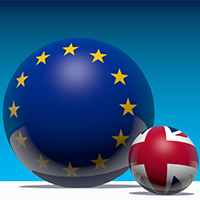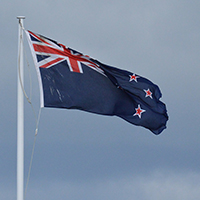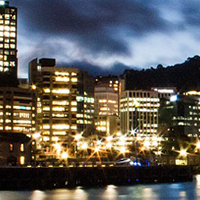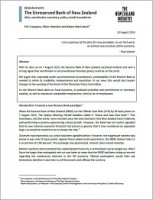
Speak your mind
Before last Wednesday, I had no idea I was “brave”. Until I was told so by a delegate who had heard me speak at a large infrastructure conference. Read more

Oliver is the Executive Director of The New Zealand Initiative. Before joining the Initiative, he was a Research Fellow at the Centre for Independent Studies in Sydney, the Chief Economist at the Policy Exchange in London, and an advisor in the UK House of Lords.
Oliver holds a master's degree in economics and business administration and a PhD in Law from Bochum University in Germany.
Oliver is available to comment on all of the Initiative’s research areas.
Phone: +64 4 499 0790

Before last Wednesday, I had no idea I was “brave”. Until I was told so by a delegate who had heard me speak at a large infrastructure conference. Read more

In case you missed it, the World Rugby Federation members have adopted a new code of conduct. Right in time for the 2019 World Cup, national teams have agreed on a more holistic approach to playing the game. Read more

UK Prime Minister, Boris Johnson, has announced that he will close down Parliament until the middle of October. Oliver Hartwich spoke about this move, and what it means for Brexit, on Newstalk ZB. Read more

At the 2019 Building Nations conference, run by Infrastructure New Zealand, Dr Oliver Hartwich discusses how localism could work in New Zealand, and highlights our research on the topic.
Read more

To reinvigorate nightlife in our cities we need to take a more modern and balanced approach, says our new report, Living after Midnight: For a better night-time environment. Executive Director Oliver Hartwich spoke to Mike Hosking on Newstalk ZB to discuss how Amsterdam and Melbourne have come up with pro-active solutions that enable a thriving nightlife, and how we could do the same in New Zealand. Read more

When Germany’s statistics office released the economic growth rate for the second quarter, the disappointing 0.1 percent decline added to the troubles on Wall St. Little wonder stock markets are looking anxiously at Germany: the German economy remains the largest in Europe and the fourth largest in the world (behind only the United States, China and Japan). Read more

Our report, Living after Midnight, highlights New Zealand's antiquated way of restricting life after dark, and explains how cities such as Melbourne and Amsterdam have implemented very different, but successful, solutions to enable a thriving nightlife. The Initiative's Executive Director Oliver Hartwich spoke on Magic Talk to explains our findings in more details. Read more

Following the release of our report, Living after Midnight: For a better night-time environment, Dr Oliver Hartwich spoke to Newshub and explained how New Zealand could learn from cities such as Melbourne and Amsterdam who have implemented successful solutions to enable a thriving, and safe, nightlife - and highlighted how Sydney got it wrong. Read more

On Monday, Adrian Orr was interviewed on TV One’s Q+A programme. If you had not known that Orr is the Governor of the Reserve Bank of New Zealand, you could have mistaken him for a politician. Read more

With its rate cut on 7 August 2019, the Reserve Bank of New Zealand surprised markets and sent a strong signal that unorthodox or unconventional monetary policy could be on the cards. We argue that, especially under unconventional circumstances, predictability of the Reserve Bank is needed to retain its credibility, independence and reputation. Read more

When US President John F. Kennedy approved the Bay of Pigs invasion in 1961, he relied on advice from his staff, the defence force and the secret service. Read more

Earlier this week the Reserve Bank dropped the official cash rate by 50 base points to one percent - citing slow GDP growth over the past year and declining international trade. But what does this actually mean? Read more

After spending the past half a year watching the Brexit drama unfold, it’s easy to forget another Euro crisis is still simmering: that of Europe’s monetary union. For many years, starting with Greece’s sovereign debt crisis in late 2009, the Euro crisis was a staple of our daily news consumption. Read more

On Wednesday 7 August, the Reserve Bank is likely to cut the OCR to a new record low of 1.25%. Kiwibank economists are already predicting that the OCR could be slashed even further to 0.75% next year. Read more

When the smallish Skatbank, a direct bank based in Germany’s east, started charging its wealthy private depositors interest in November 2014, it made international headlines. It was the first German bank to do so, and negative interest rates were still regarded as a ridiculous aberration. Read more